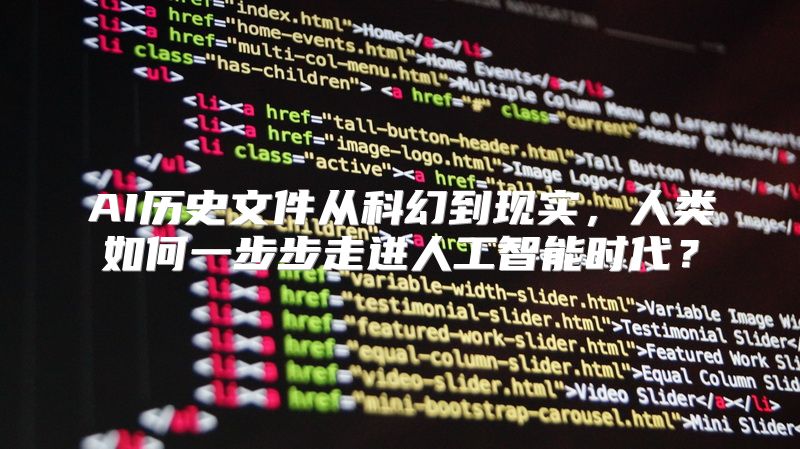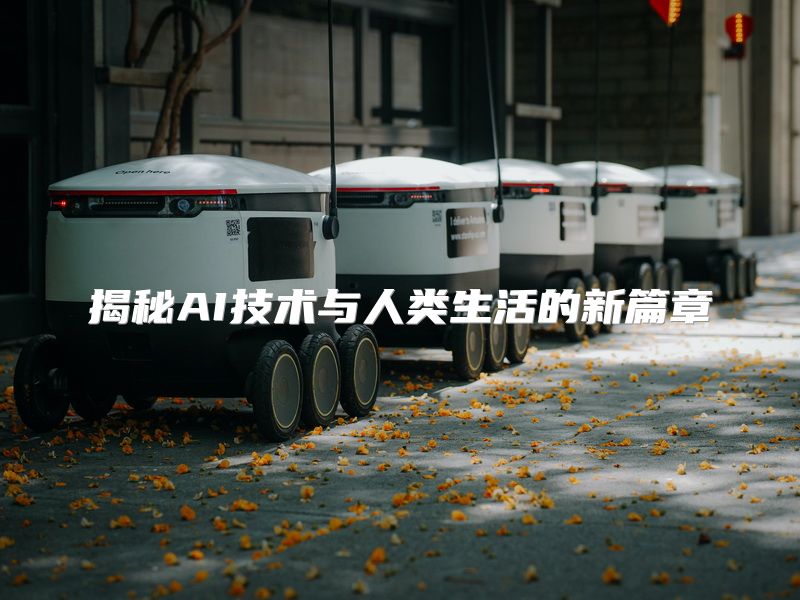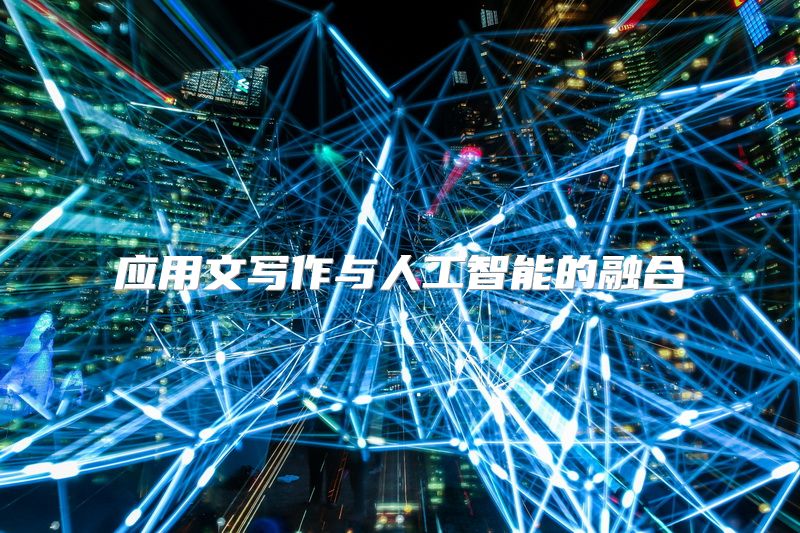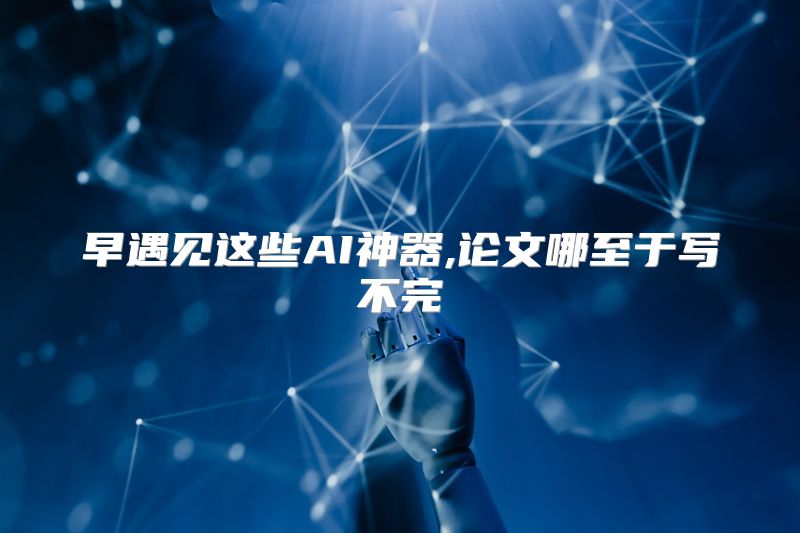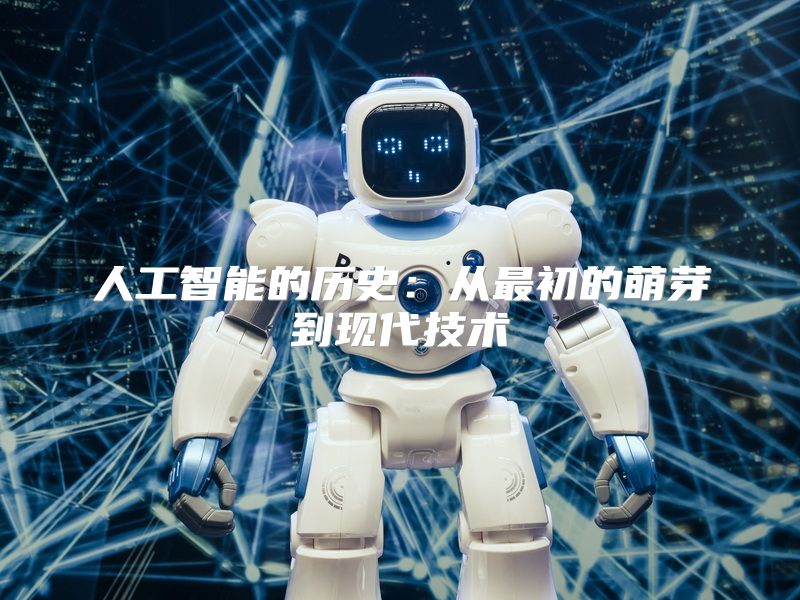A Brief Look at How AI Is Revolutionizing Early Childhood Education
In the ever-evolving landscape of early childhood education, artificial intelligence (AI) is making waves. As technology advances, educators are increasingly exploring how AI can enhance learning experiences for children and families alike. This article explores the ways in which AI is being used to support educational goals across various age groups.
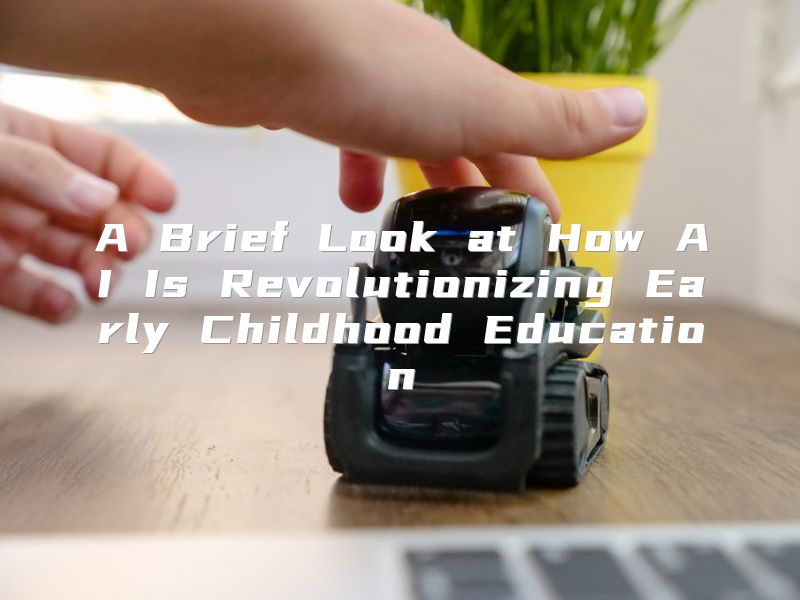
Introduction
Early childhood education is crucial for setting a foundation for lifelong learning and development. However, traditional methods often rely on human teachers who might not be equipped with the latest technologies. With advancements in AI, educators are finding innovative ways to use this powerful tool to engage young minds more effectively. This shift towards digital innovation aims to bridge the gap between traditional pedagogy and modern technological capabilities.
Personalized Learning
One of the most significant applications of AI in early education is personalized learning. By analyzing student data, such as behavior patterns, interests, and prior knowledge, AI algorithms can adapt lesson plans and assessments to meet individual students' needs. This approach ensures that every child receives tailored instruction, fostering engagement and motivation.
Cognitive Support
AI is also enhancing cognitive support within classrooms by providing interactive tools and resources designed specifically for children. Educational games, virtual assistants, and intelligent tutoring systems can provide immediate feedback and reinforcement based on what each learner understands or struggles with. These tools help build foundational skills while engaging learners through fun activities.
Technology Integration
To integrate AI into existing classroom environments, educators must first understand the technical infrastructure needed. This includes integrating AI platforms like chatbots, speech recognition software, and natural language processing (NLP) tools. Integrating these technologies requires careful planning and ongoing support from educators to ensure smooth integration and effective utilization.
Challenges and Opportunities
Despite its many benefits, the widespread adoption of AI in early childhood education comes with its own set of challenges. One major concern is ensuring privacy and security when collecting and analyzing personal data. Additionally, there's a need to balance the accessibility of AI tools with the potential for over-reliance on them, leading to a decrease in face-to-face interaction and social skills development.
Future Directions
As AI continues to evolve, so too will its role in early childhood education. Educators should anticipate an expansion of AI capabilities, including more advanced natural language processing, predictive analytics, and machine learning models. These advancements will allow for even more dynamic and adaptive learning environments, offering parents and educators new ways to engage and support their children’s learning journeys.
In conclusion, AI has already started transforming early childhood education, and it seems that its influence will only continue to grow in the years ahead. The integration of AI in teaching practices offers a multitude of opportunities for better outcomes, but educators must navigate the complex terrain of technology integration carefully. As we move forward, the key will be to find the right balance between leveraging AI’s power and maintaining traditional educational approaches that have proven to be effective.
